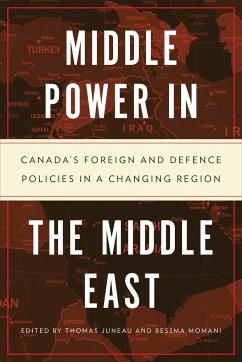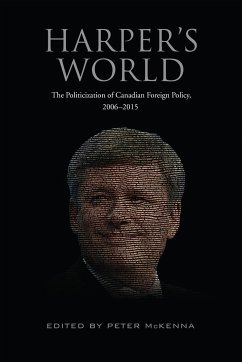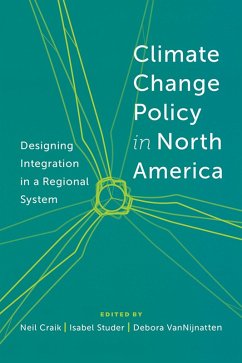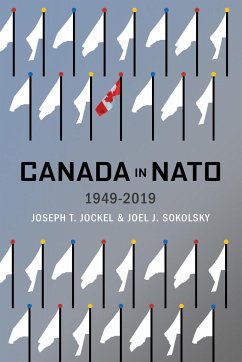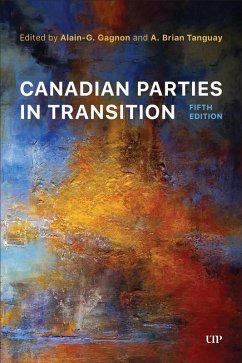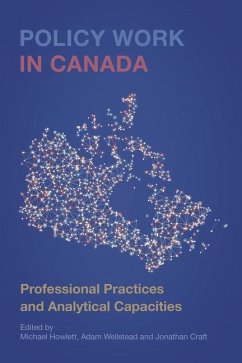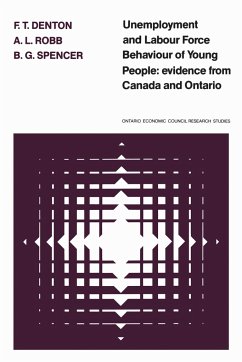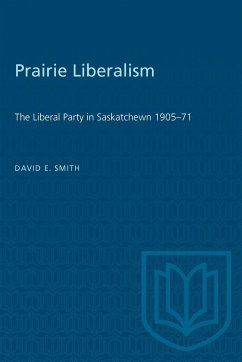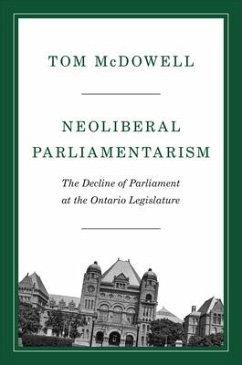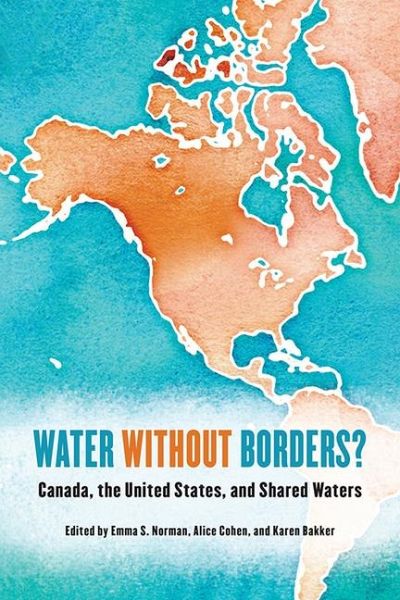
Water Without Borders?
Canada, the United States, and Shared Waters
Herausgeber: Norman, Emma S; Bakker, Karen; Cohen, Alice
Versandkostenfrei!
Versandfertig in über 4 Wochen
47,99 €
inkl. MwSt.

PAYBACK Punkte
24 °P sammeln!
Water without Borders? is designed to help readers develop a balanced understanding of the most pressing shared water issues between Canada and the United States.



